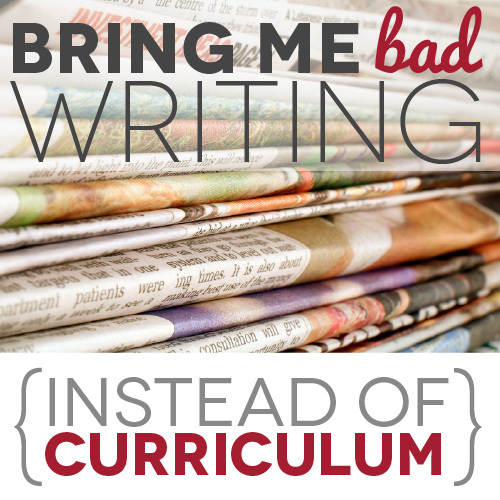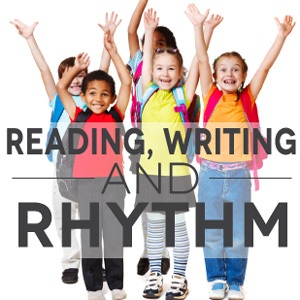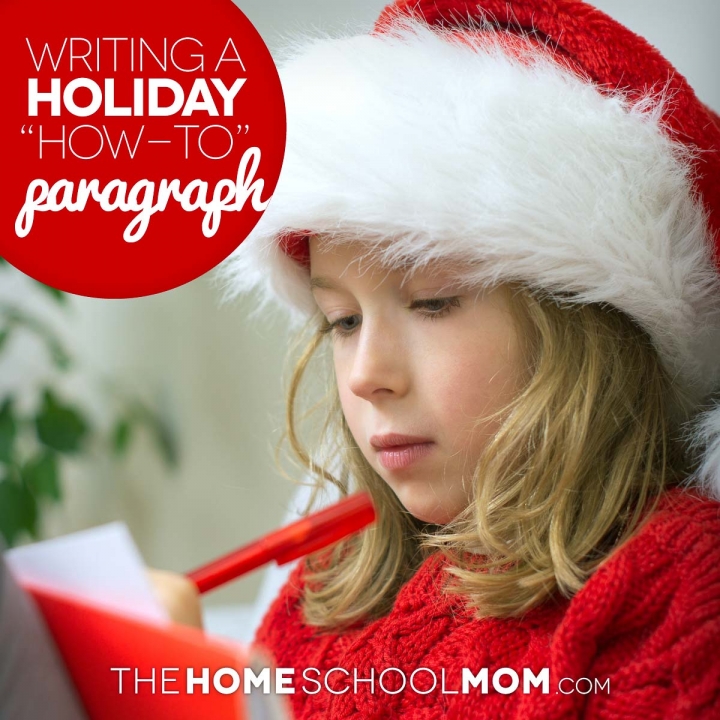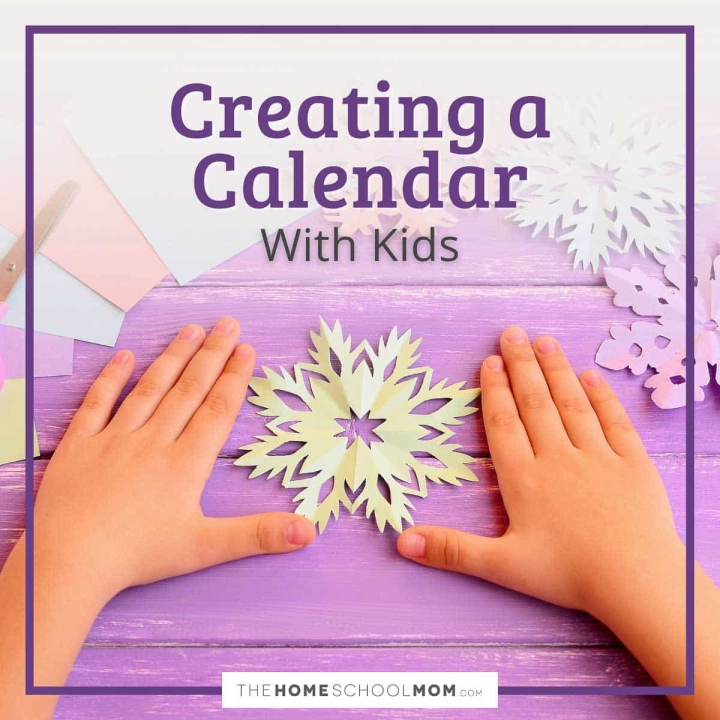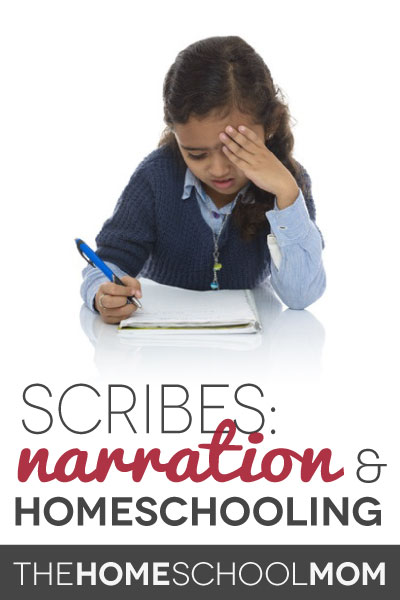Writing
-
The Key Word Outline
-
Instead of Curriculum: Bring Me Bad Writing
-
English Composition for High School
-
7 High School Writing Ideas for Homeschooling Teens
-
Free Monthly Writing Prompts
-
Tips for Editing Your Child's Writing
-
Play on Words
-
Self-Editing Checklist
-
Reading, Writing, and Rhythm
-
Describing a Person: Adding Details
-
Choosing Color Words When Writing
-
Holiday Paragraph Writing: Describe a Holiday-Themed Process
-
Getting More Mileage from Writing Assignments
-
Creative Writing: Writing a Day in the Life Story
-
Creative Writing Using Story Enrichment Paper Chains
-
Creating a Calendar with Kids
-
Instead of Curriculum: D'Aulaires' Mythology Books
-
Scribes: Narration & Homeschooling
-
Speed Scrabble: Boost Spelling and Vocabulary




